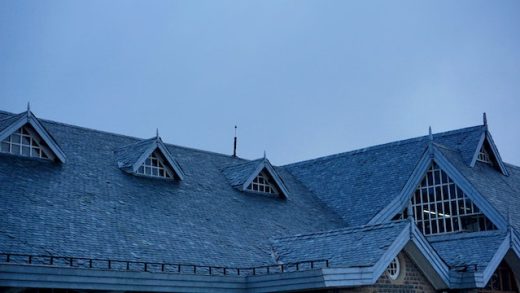Ponds are much more than aesthetically enhancing water features to be enjoyed by the community. They are also freshwater habitats for a variety of creatures that spend part or all of their lives in the water. These creatures are primarily oxygen breathing and need adequately oxygenated water to survive. A healthy pond receives oxygen primarily from the air above the water surface and allows it to enter the pond and support its living organisms. A variety of circumstances can change the health of a pond, causing stratification and impacting turnover.
Stratification
Under normal pond conditions, without influence from outside human activities such as people feeding ducks, and runoff from lawns containing fertilizer and pet waste, enough oxygen is able to mix with the surface water, diffuse into the pond water, and provide the life-sustaining gas for aquatic organisms. However, largely due to the influence of human activities, an overabundance of nutrients can enter the pond and cause an overgrowth of aquatic creatures. This, in turn, drives up the demand for oxygen in the water, and when there is no longer enough, the pond can become stagnant and cause fish kills.
Mechanical aeration systems can help prevent stratification by mixing the water, which can prevent it from forming layers. Stratification happens when the surface water is heated by the sun while the deeper water is not and remains cool. Because of the temperature difference, the two layers of water do not mix, and that keeps much of the oxygen from reaching the bottom of the pond. Eventually, towards the middle to end of summer, the bottom layer of water can be severely depleted of oxygen which is a risk factor for turnover.
Turnover
Turnover can be a natural event if it occurs in Autumn due to the seasonal drop in temperature. Because the temperature decreases gradually as the season changes, the water layers in the pond also mix gradually, and this type of turnover is little threat to aquatic life. However, a rapid turnover or mixing of the water layers in the summer can happen due to storm events, windy conditions, and cold rains leading to a fish kill. Of course, a pond with undue influence from humans that is experiencing stratification can be unnaturally susceptible to turnover events and fish kills.
Pond health is important because a healthy pond is more likely to be aesthetically pleasing than one that is unhealthy. Also, a healthy pond is better for those creatures who call it home.




